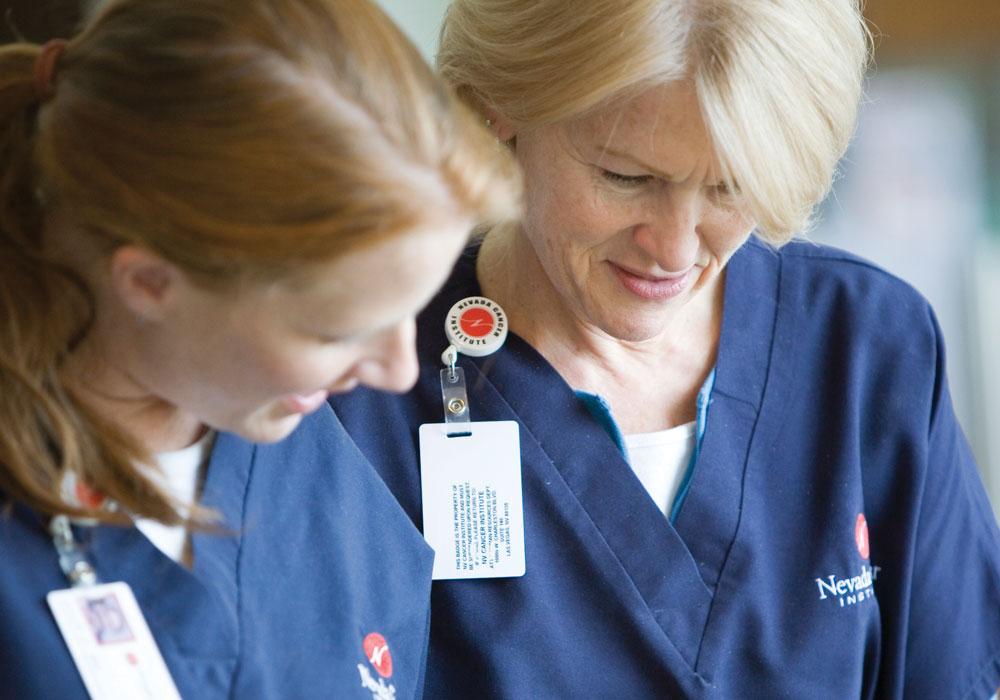By Margie Martinez, BSN, RN
Oncology nursing awakens a sense of purpose that drives us to be true patient advocates. As chair of my institution’s shared governance committee, I have found that being conduits for our patients empowers nurses to find solutions that take care to the next level. It’s driven me to find better outcomes, care, and treatment for my patients simply because their health is important to me. I am at the bedside for my patients’ entire cancer journey.
To ensure a harm-free environment, nurses must be trained to identify learning opportunities and not be afraid to ask questions. Novice nurses are eager to learn, but they are very much task oriented, which can distract them from pursuing the resources available in the unit. Our nurses are our most valuable resource, and my role in the shared governance committee helps support them.
I foster an environment conducive to learning by bringing together novice nurses, experienced staff, and the leadership team to effectively address our unit’s needs. We collaborate to identify any lapses early on and bridge the gaps before incidents occur, which has enabled our unit to commit to providing competent and safe care.
In an open-forum discussion, we develop internal relationships and communicate honestly, which helps ease the tension for our novice nurses. As a transformational leader, I use my voice to inspire our nurses to set professional goals, provide support, and offer encouragement.
Nurses are our patients’ voice in their most vulnerable time of need. To honor the trust they’ve placed in us, we must understand the value our role brings in optimizing health care.
Shared Governance in Action
Recently, our unit relocated to a completely new floor. As we settled into our new home, we encountered some growing pains that challenged our quality measures.
Shared governance stepped in to facilitate conversations between novice and expert nurses to address the unit’s needs and find solutions. Together, we developed education fairs, research projects, and more communication strategies, then we applied quality measures to help our facility maximize patient care using best practices and evidence. The result is a more cohesive work environment that procures patient safety.
The Power of Communication
Patient assessments are crucial to knowing how to drive their care, but the cancer care team can’t use that information if nurses don’t share it. I have become increasingly aware of the importance of communicating with physicians in my role as a bedside nurse: using my voice allows me to intervene and provide better care.
Shared governance has helped me effectively address the issues that burden our patients and staff. It has made me a better nurse. My voice counts, and seeing the results our unit produces on a monthly basis fills me with pride. I am surrounded by nurses who care. We are a team full of heart and soul that stands by our patients.
I hope all nurses can find their voice and use it to deliver the best patient care possible. That, in itself, is good foundation to help take cancer care to the next level: one nurse at a time, one voice at a time.






